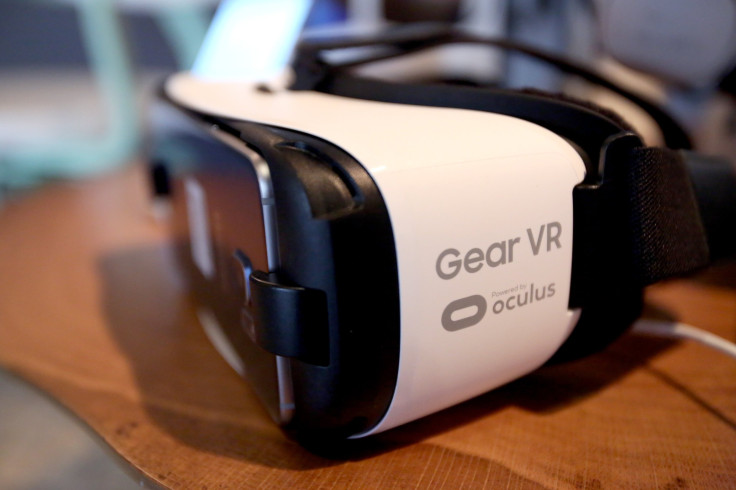Samsung Buys US Cloud Computing Firm Joyent To Drive VR And Artificial Intelligence Efforts

Samsung has bought U.S. cloud computing company Joyent, but the world's biggest smartphone maker is not about to go head-to-head with Amazon Web Services, Google Cloud or Microsoft Azure. Samsung is, in fact, planning to use the processing power of cloud computing to help it drive innovations in its smartphone software, particularly around artificial intelligence and virtual reality.
Samsung has acquired the 11-year-old, San Francisco-based Joyent for an undisclosed sum and while the company's main operations will continue as normal — selling access to public and private cloud computing services — Samsung will be looking to leverage the company's expertise to help improve the software and services it offers to its tens of millions of smartphone customers.
Samsung said Joyent will continue to operate independently and it will effectively become Joyent's biggest customer, allowing it to remove its current dependence on Amazon's and Microsoft's cloud services. However, it is how Samsung is going to leverage the potential of Joyent's expertise in this area that will be of utmost interest.
“We’ve traditionally been more focused on hardware, but you’re going to see more focus on software and services,” Injong Rhee, chief technology officer of Samsung’s mobile division, told the Wall Street Journal. Despite ever more sophisticated and powerful chips being developed for smartphones these days, Rhee said handsets are fast becoming simply “interface devices” with cloud-based computing handling the heavy lifting when it comes to areas like virtual reality and artificial intelligence.
Samsung is the leader in the mobile virtual reality market thanks to its partnership with the Facebook-owned Oculus VR and the launch of the Gear VR headset. Samsung is looking to capitalize on this lead to help boost flagging smartphone sales and one way of doing this is by offering more immersive and graphically impressive experiences.
Samsung is not, however, a leader when it comes to artificial intelligence with Google, Facebook, Amazon and Apple all offering more sophisticated products in this area, but Samsung's acquisition of Joyent could change that.
“Big data is going to be a huge initiative for Samsung,” Rhee said. “Samsung devices will be increasingly intelligent, and big data is really a key component of intelligence and personalization.”
This is Samsung's third acquisition of a U.S. startup. Previously, the company bought LoopPay, a payment technology company that became the basis for Samsung Pay; and SmartThings, a smart home startup, which now forms the basis for the South Korean company's connected home offering — though it continues to operate with a large degree of independence.
© Copyright IBTimes 2024. All rights reserved.












